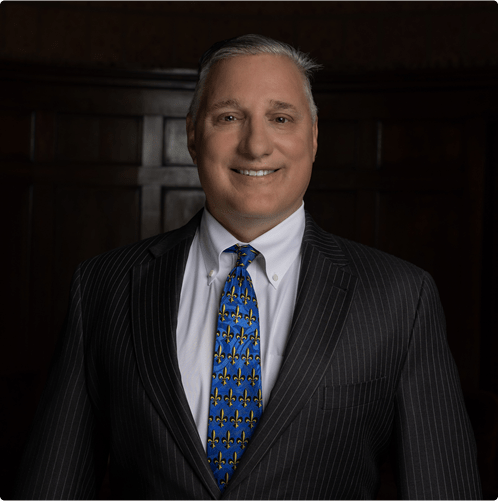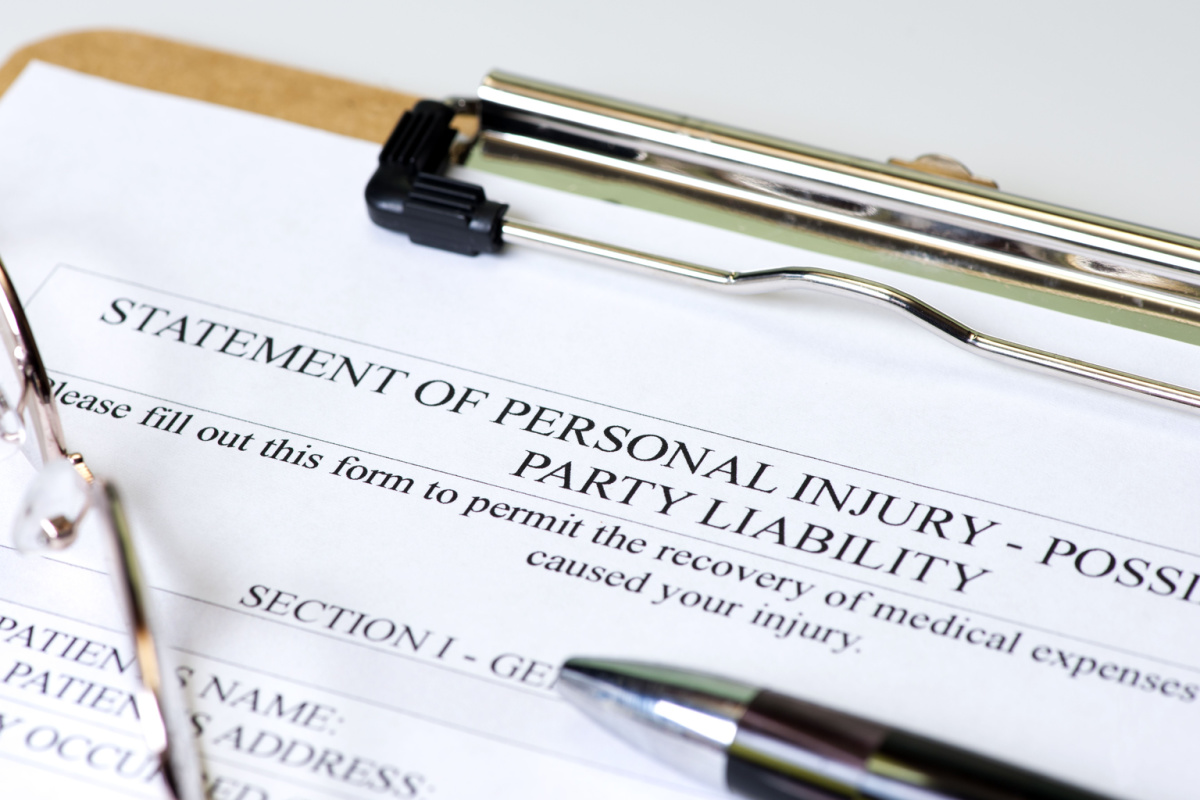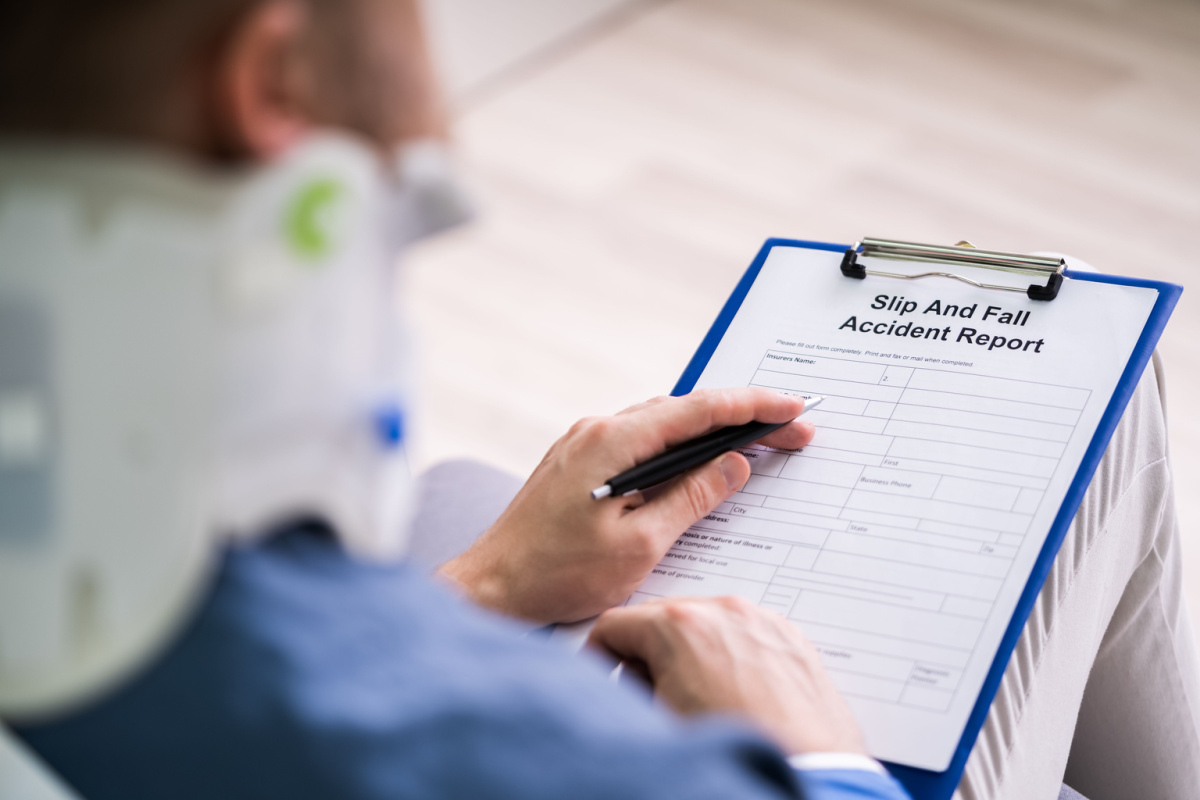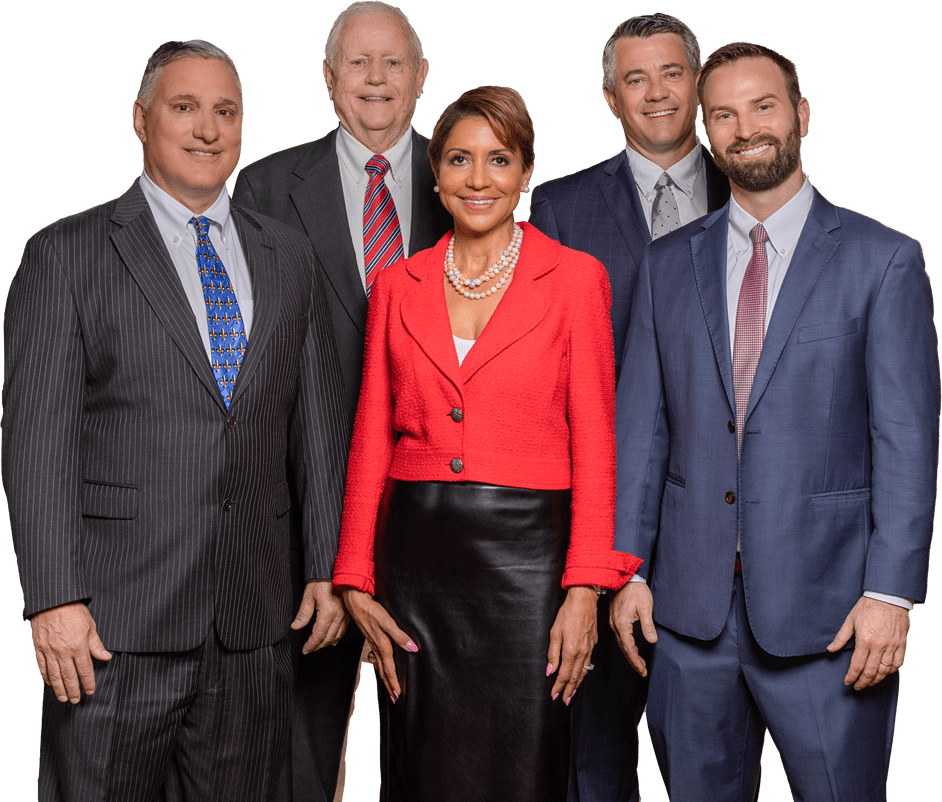
Partner at Charbonnet Law Firm LLC
Practice Areas: Life Insurance Disputes

In the Donna Hale vs. Sierra Orlando Properties case, taught us you can claim compensation for injuries sustained on someone else’s property. In this case, Donna Hale, a visitor to a convention center, tripped over loose wiring and broke her foot. The property owner had not provided warning signs or secured the wiring to prevent accidents, and Ms. Hale was awarded a $5.8 million settlement for her injuries.
As a visitor to another person’s property, you have the right to expect a safe environment. But what happens when you’re injured due to the property owner’s negligence or hazardous conditions? Louisiana’s legal landscape holds property owners accountable for the safety of those who visit their premises. Premises liability is a critical concept that has proven to be a lifeline for thousands of victims seeking justice and compensation.
With a 20% increase in premises liability cases over the past 5 years, understanding this law is more critical than ever. So, let’s delve into the intricacies of this law and find out what it means for property owners, visitors, and victims alike.
Premises liability holds property owners and non-owner residents accountable for ensuring a safe environment for anyone who enters their property. This encompasses a broad spectrum of scenarios, from falls on public walkways to injuries sustained on amusement park attractions. Others include:
When you step onto someone else’s property, it’s reasonable to expect a safe and hazard-free environment. However, if an accident occurs due to the property owner’s or resident’s negligence or hazardous conditions, they become legally responsible for any resulting injuries.
It is important to note that just because a person was injured on another’s premises does not automatically result in a premises liability claim. A successful liability claim has to prove the element of negligence and hazardous conditions on the owner’s part. That means a building may be unsafe, but it does not mean the owner was negligent.
A property owner’s accountability for a visitor’s injury arises when they fall short of providing reasonable safety precautions. Whatever is considered reasonable varies depending on the facts of the case. The place and the relationship between the parties are key in determining the reasonability of an act.
In some cases, both parties may share fault in an injury incident. Both parties may bear some fault for the incident, creating what’s known as “contributory negligence. Contributory negligence may reduce the liability of the premise owner in a case.
Liability in premises liability cases depends on various factors, including the legal status of the visitor, the condition of the property, the actions of both the owner and the visitor, and whether the person injured is a trespasser or a child. In most cases, determining who is responsible for an injury often follows the legal guidelines set forth by the state where it happened.
In Louisiana, the court may focus on the status of the injured visitor or the condition of the property and the activities of both the owner and visitor when determining liability. There are generally four legal labels that may apply to visitors on a property, these are:
We see that the standard of care required by the owner towards licensees and invitees is determined by factors such as the circumstances under which the visitor entered the property, the use of the property, and the foreseeability of the accident or injury.
How a person conducts themselves after a slip and fall accident could be the difference between a successful premises liability claim and hot air. The law obligates property owners to maintain their properties and ensure they are safe for all users. Premises may include:
Documentation of the fall will provide crucial evidence to support the premises liability claim. Here are five tips on how to document a slip & fall accident.
Seek medical care.
Good health and recovery from the accident should be prioritized. A physician or doctor will document the nature of injuries and their extent. The medical institution will also avail a medical bill that is crucial as evidence in the filing of a premises liability claim.
Inform the management of the premises of the accident.
Reporting the incident to the management or the owner of the premises ensures that they know about the accident—request a copy of the report on the incident by the property owner. Reporting the incident may also ensure mechanisms are implemented to avoid further accidents.
Avoid giving public statements.
It is important to avoid talking about the incident and communicating with the property owners concerning the accident, as this may jeopardize the claim.
Do not accept or assign fault.
Typically, a claim would be investigated by the insurance company to determine the facts of the claim. A statement of remorse may be interpreted as an admission of guilt, and it may be used to invalidate a claim.
Consult a premise liability attorney.
Issues of law and procedure about filing a premise liability claim are complex, and it is advisable to consult an attorney on the case and know the available options.

Documenting the scene of the accident would also help provide necessary evidence of exactly what transpired that led to the accident and the state of the scene. Being able to provide a clear picture of the incident as soon as possible is the foundation for building a strong case and getting the compensation you deserve. This is whether you choose to settle out or pursue a suit. Here are some tips to help you gather the evidence you need:
Damages for premises liability claims
A court or an insurance company may award the following kinds of damages in a premises liability injury claim depending on the facts of the case:
Personal liability results from a person’s action that causes injury, while premises liability occurs when an injury is sustained on someone else’s property.
Yes, tenants can be liable for premises liability when they have more control over the safety of the premises than the property owners.
If you suffer a slip and fall accident on someone else’s property, you may have legal options available to you. It’s important to understand your rights and what steps you can take to seek compensation for your injuries and expenses. Consider speaking with a qualified attorney who can help evaluate your case and guide you through the legal process. Contact the Charbonnet Law Firm, LLC online, or call our office at (504) 294-5094.

With over 50 years of legal experience serving families in the New Orleans area and surrounding Louisiana communities, our firm takes pride in providing clients with personalized legal services tailored to individual needs.